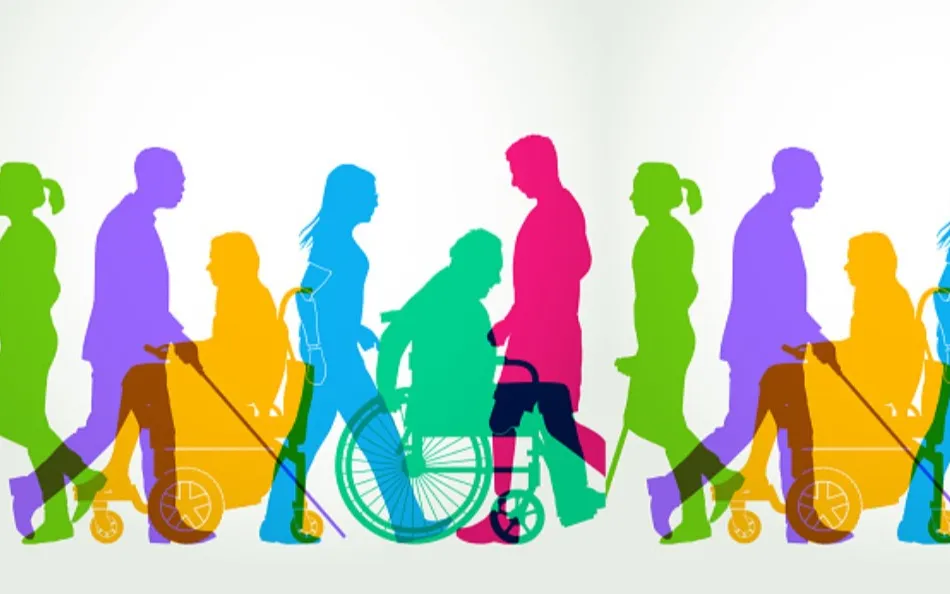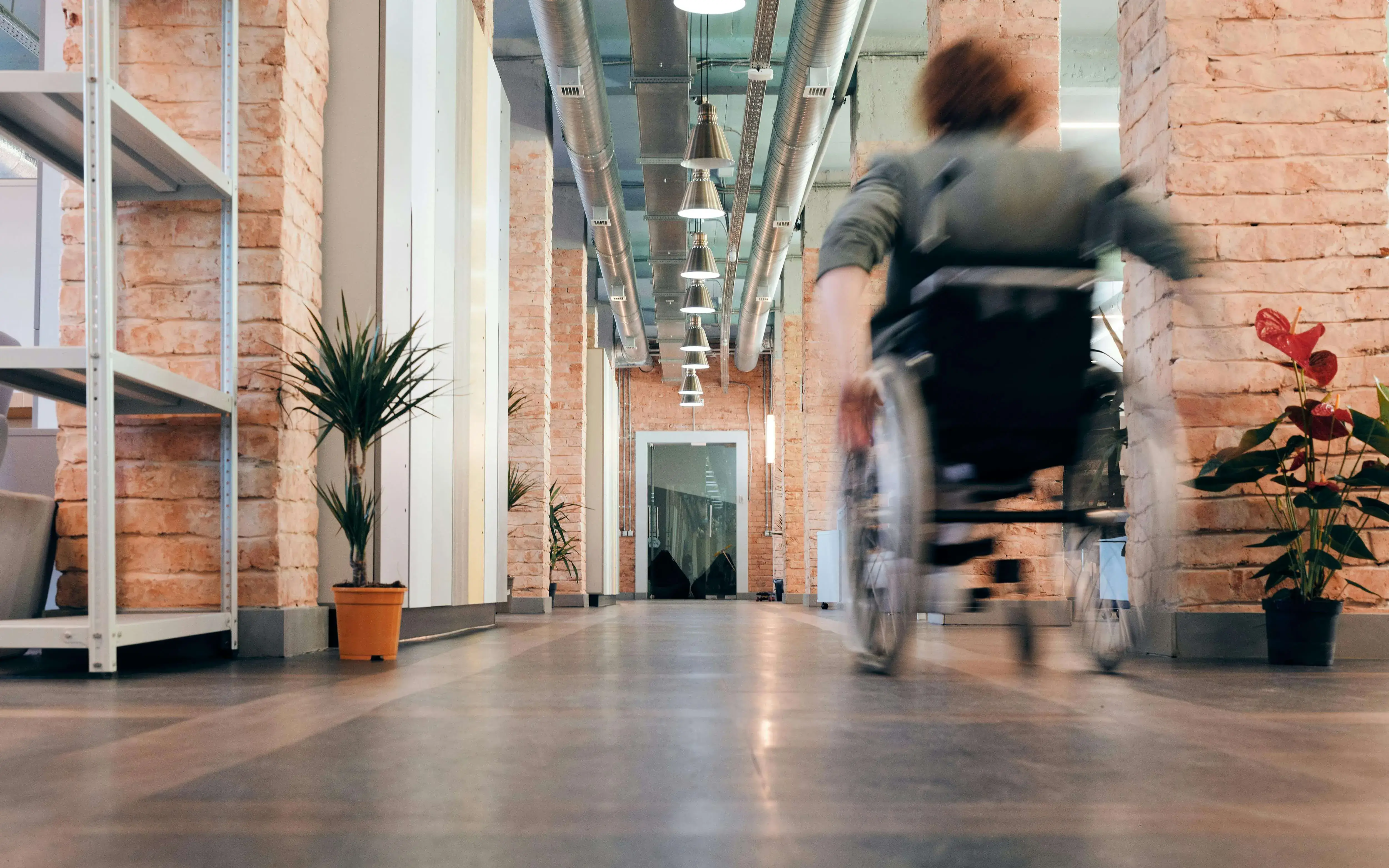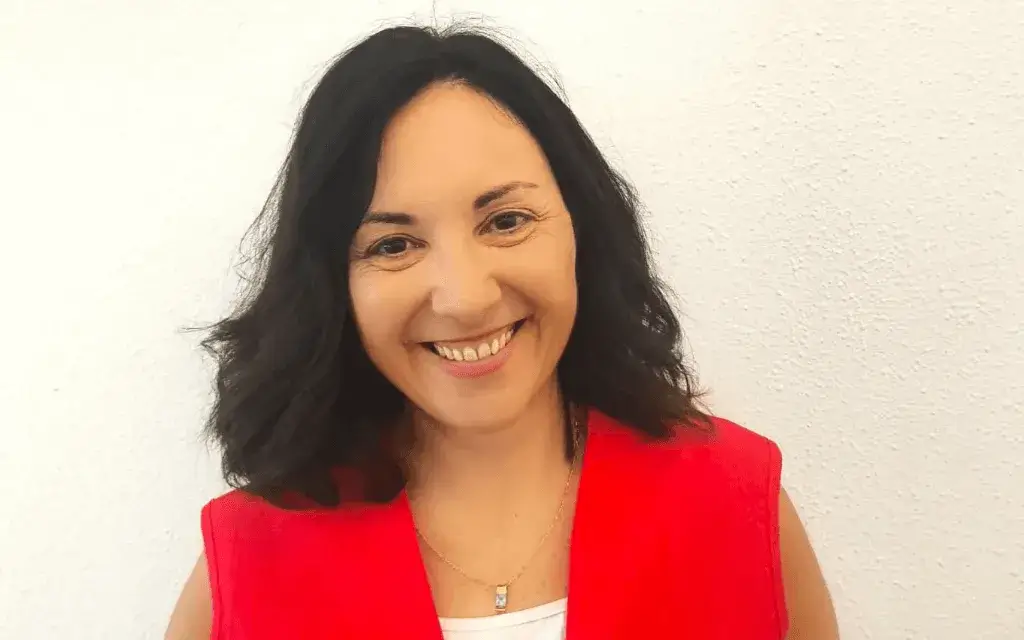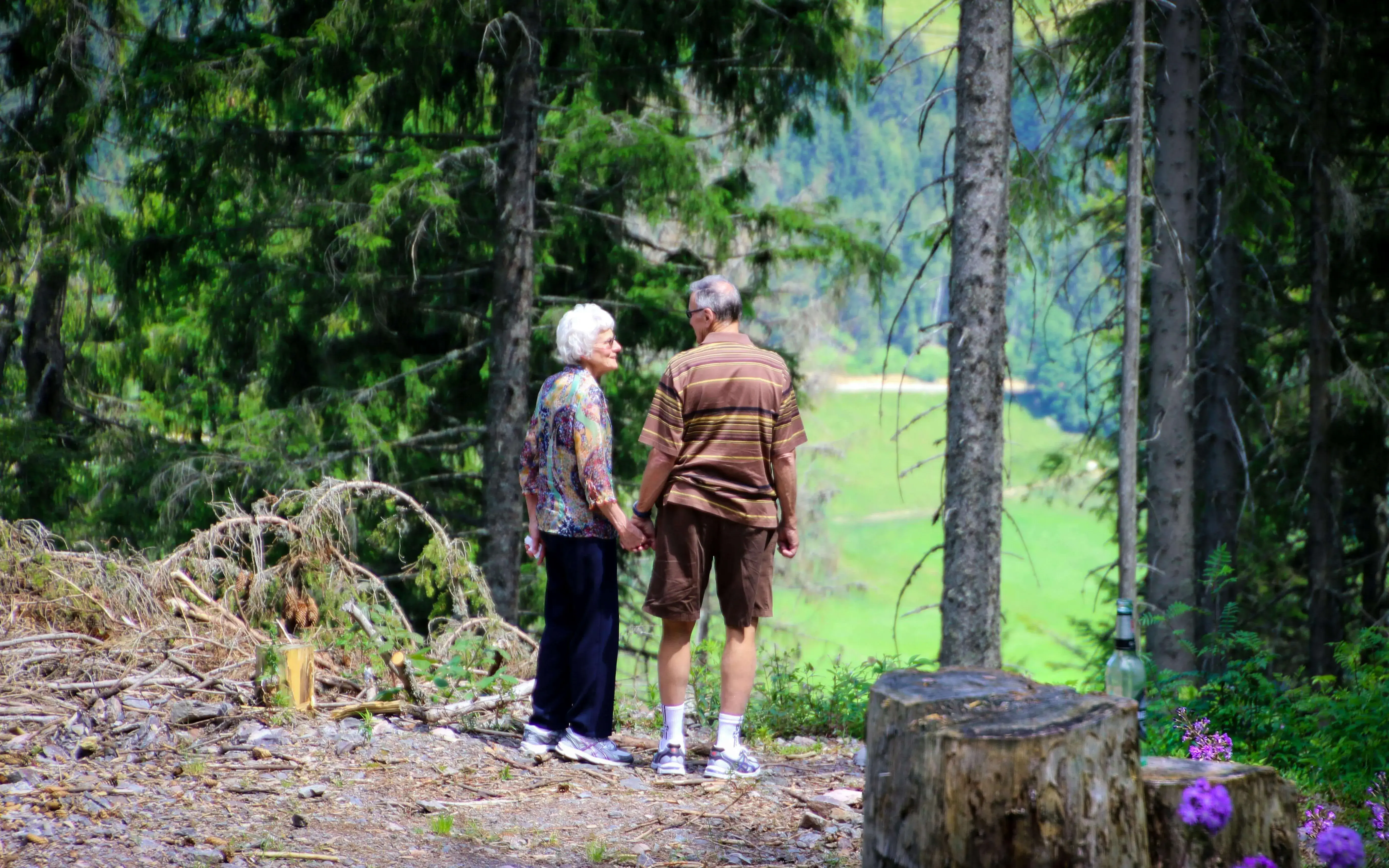The European Disability Forum has published a report to show the impact of Covid-19 on this group of people and the failed strategy of the European Union to protect them.
The European Disability Forum has launched a report to show the impact of Covid-19 on persons with disabilities all over Europe. The document explains why this group of people are at high risk and, at the same time, it shows the situation in Europe and gives some recommendations that European Union should do to fight against this situation.
The fifth edition of the European Disability Forum’s Human Rights Report also highlights how EU and European countries have failed to include persons with disabilities in their response to the pandemic.
Why people with disabilities are at high risk
The report explains that people with disabilities are more vulnerable than other groups of people due to many factors:
- Many people with disabilities already have serious problems with their health. Having coronavirus puts their life in even bigger danger.
- People with disabilities sometimes have difficulties getting the support they need when they are sick due to many things and services are not accessible, and it may be hard for them to go to a hospital or contact with the doctors.
- Many older people have disabilities and they are a group of high risk.
- Many people with disabilities are closed in institutions away from the community. There, they may not be able to keep a safe distance from other people.
- Sometimes, they have problems following the rules that European countries have put in place. It may be hard for them to wear face masks, keep their hands clean, or keep a safe distance.
What is the current situation in Europe?
The UN Convention on the Rights of Persons with Disabilities says that European countries should protect people with disabilities in risky situations and call to listen to this group of people when they make decisions about their lives.
The report shows that European response to the pandemic has not taken into consideration the Convention. Their views were not taken into account when countries were making plans of how to recover from coronavirus and, as a result, many people with disabilities in Europe died from coronavirus alone and without support. It details some examples:
- Education: With many schools closed, students had to use technology like computers to study and talk with their teachers and classmates. This could be harder for students with disabilities because computers and other technology are often not accessible for them. Besides that, many students with disabilities need a support person to help them study at school. Due to coronavirus, they could not meet their support person.
- At work: With offices closed, many workers had to do their work from home via a computer. This can be hard or impossible for workers with disabilities because computers and other technology are often not accessible for them.
- Violence: With coronavirus, there were more cases of violence. Many people with disabilities were treated badly and did not have a way to ask for help.
- Lack of information: Many people with disabilities feel confused and afraid because they did not get the right information and support to protect themselves from coronavirus. Or they did not get information in ways that they can read and understand.
- Alone: Many people with disabilities were left alone without any support. They could not even go to the hospital, get medicine or food.
To fight against these difficulties and take into consideration people with disabilities in the recovery plans, the report asks the European Union to:
- Protect the rights of people with disabilities based on the UN Convention.
- Make all things and services accessible for people with disabilities.
- Think of the needs of this group of people when they make plans and decisions.
- Ask for the views of people with disabilities and their organizations.
- To be better prepared to protect people with disabilities in risky situations.
- To collect important information about people with disabilities.
- Help them to take an active part in the community.
- Support the organizations that work with people with disabilities.
- Close down institutions and support people with disabilities to live independently as part of the community.
- Protect women and girls with disabilities from being treated badly.







Add new comment